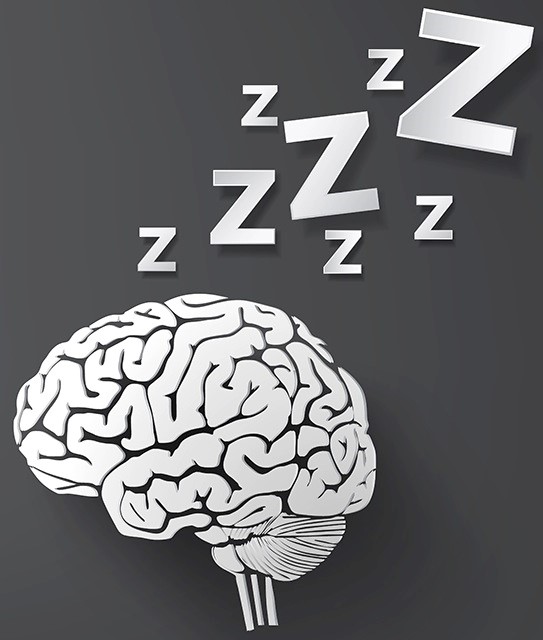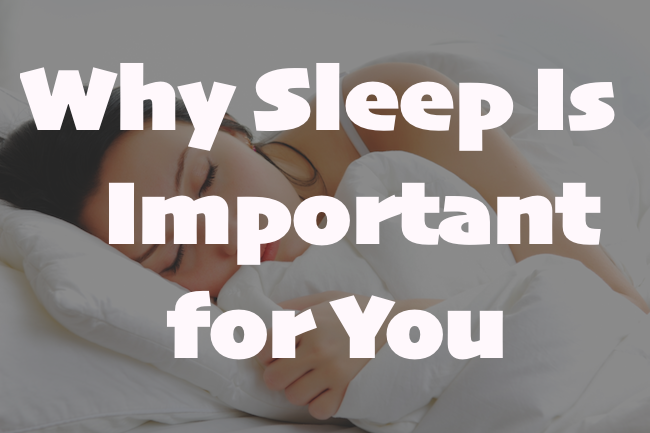Sleep and health go hand in hand. The National Institute of Health elucidates that sleep has a major impact on our mental health, physical health, productivity and security. When we are enjoying our relaxing slumber, our bodies are working night-shift to:
- Recover from the day’s activities
- Heal damaged cells
- Recharge our heart and cardiovascular system and to
- Boost our immune system
Understanding the sleep cycle
There are two recurring phases of sleep – REM (rapid eye movement) and NREM (non-REM or non-rapid eye movement). During the night, our bodies switch between these two phases. Both the phases are essential for different functions in our bodies. A hormone that is vital for growth and development is only released in the last stage of NREM sleep.
Related: iDealBed 4i Custom Adjustable Bed Review
If REM and NREM are disturbed multiple times in the night, due to snoring or waking up frequently throughout the night, our body is not able to function efficiently during the day. It affects our health and well-being in the long run.
Amount of sleep needed

Image courtesy: www.livelifeclever.com
Is 8 hours of sleep too much?
In general, most people require eight hours of sleep regularly at night. However, everyone’s sleep requirement varies and some people are able to function efficiently even after six hours of sleep, while some are unable to perform unless they have slept for 10 hours. In our lives, we spend around one-third of it sleeping which influences the other two-thirds of our lives that we stay awake and perform routine activities.
The importance of proper sleep
Our bodies go through a number of changes when we retire to bed at night. A good night’s sleep affects our brain, our body, our performance and even our safety.
Sleep and Brain

Image courtesy: www.sixpackbags.com
Good sleep promotes a healthy mind and better brain functioning. It boosts our overall well-being and positive outlook towards things. It also improves our memory and makes the learning process easier. Getting plenty of rest at night helps us to make better decisions in our daily lives. Each night, when our body is resting, our brains are trying to learn and remember pathways for the next day. A relaxing sleep increases our ability to interact socially. Many researchers have concluded that proper sleep constructively affects our ability to recognize important social cues and process emotional information.
Problems from lack of sleep
Lack of sleep can lead to many adverse problems. Studies have estimated that 90% of people with mental health issues such as depression complain about poor sleep quality. Sleeping disorders are also associated with an increased risk of suicide.
Sleepiness also takes a toll on our decision-making practice and risk-taking appetite. Alert people are more aware of their roles and responsibilities in life towards family and work.
Sleep and Your Body
When we are sound asleep, our bodies repair themselves while healing and restoring our heart and blood vessels. It also regulates our blood sugar levels. When we are sound asleep, our bodies repair themselves while healing and restoring our heart and blood vessels. It also regulates our blood sugar levels. Researchers have found that people who sleep less than 7-8 hours are at a higher risk of heart disease. This might further require such individuals to consult cardiologists at the Cardiovascular Group to find whether they have developed any cardiovascular diseases. Besides this, the researchers have also found that individuals with insomnia are more likely to suffer a stroke than those who sleep well.
Sleep upsets our body’s inflammatory system too. Meager sleep is linked to inflammatory bowel disorders and can increase the risk of disease recurrence.
Many studies show a strong link between less sleep duration and increased risk of type 2 diabetes due to reduced insulin sensitivity. Sleep deprivation can decrease glucose metabolism and cause prediabetes in healthy individuals.
A hormone that builds bone and boosts muscle mass is most active during the night.
Proper sleep is also linked to weight management. Poor sleep leads to weight gain in some individuals. The effect of sleep on weight gain is due to many factors including hormones and motivation to exercise. It disrupts the normal fluctuations in ghrelin, the hormone that stimulates appetite, leading to bad appetite regulation and tendency to eat more calories. Short sleep duration is one of the strongest risk factors for obesity.
So, next time you go on a healthy diet, include getting quality sleep in your nutrition chart. Whether you need a little extra help with CBD oil or the like to achieve this, or are able to get it through a dietary change, it is a critical thing to consider.
Sleep and Productivity
It is no brainer that when we get enough sleep, we feel more energetic, are more alert and experience improved performance in all aspects of life. Whether it is making a presentation or running the kitchen, if we have a restful sleep it helps in increasing productivity and work quality. Sufficient sleep boosts problem-solving skills as a peaceful mind can think in a much better way and enhances memory performance of both children and adults.
Longer sleep is known to develop many characteristics of athletic and physical performance.
Sleep and Safety
As per National Highway Safety Administration (NHSA), major accidents are partially contributed to people suffering from sleep deprivation. We all have experienced series of microsleep where we have drifted off to a mini-nap while driving. It is not the best scenario for anyone and absolutely hazardous. According to NHSA, falling asleep while driving leads to an enormous number of crashes, injuries and deaths every year in the United States. One should really avoid getting into one such situation for the safety of yourself and others.
Overcoming sleep disorders
To overcome common sleep problems and to ascertain that you get a fully relaxed doze, establish a constructive homeostatic pressure and keep your circadian rhythm in sync. Also,
- Keep away from consuming caffeinated drinks five-six hours before bed-time
- Don’t smoke in the night as it heightens the alert mechanism of your body
- Minimize noise, extremes temperatures and excessive light in your bedroom
- Indulge in regular exercise.
Good sleep has immense power in cultivating our efficiency and overall well-being. Make time for enough sleep to never snooze-off those priceless moments in your life!

